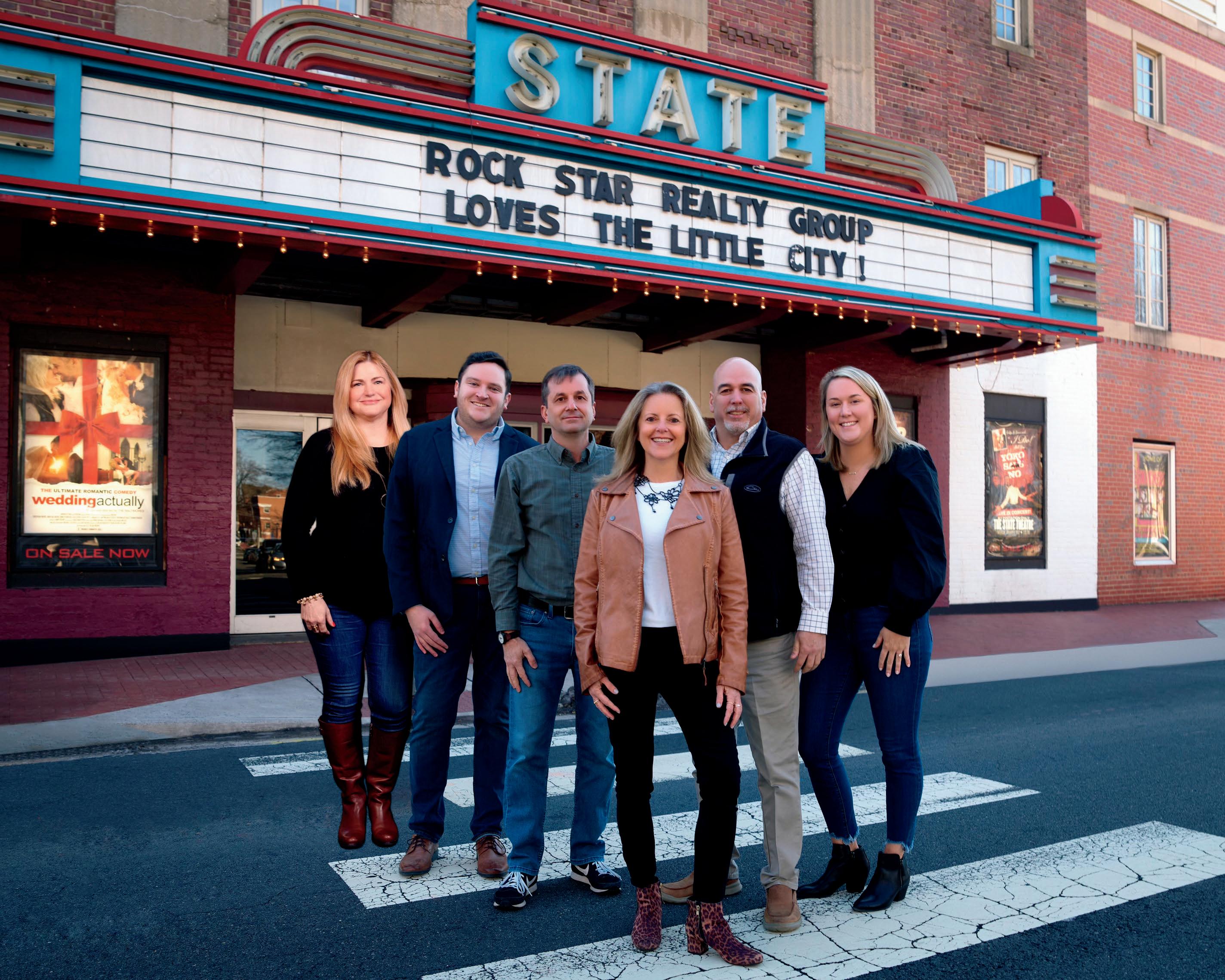
1 minute read
Editor’s Letter
“I’m from Northern Virginia. Like, right outside of D.C.”
“We used to be called George Mason. You probably don’t know it.”
Advertisement
“It’s kinda like AP, but way more writing.”
Not very many people understand what it is like to live in The Little City. Despite our proximity to the nation’s capital and its large suburbs, Falls Church remains unique in many ways, all stemming from our small, closeknit community. Where everyone knows everyone, it is easy to fall victim to our echo chamber of ideas and ideals — yet, while we sometimes resent our “bubble” of a city, its distinctive conditions allow for our idiosyncratic character.
Meridian harbors nearly 900 remarkable students, whose individual aspirations and talents play off one another to define our unique community. Environmental conservation is shown through the popular Environmental Club (page 9), a student-run recycling business, and even the school building itself. The International Baccalaureate (page 10), from the Primary Years to the Diploma Programme, forms the basis of all students’ learning and character in our public schools. Athletics, whether students are competing (page 21), cheering (page 13), or learning how to treat sports injuries (page 11), are common ground for residents to bond over. And, with small local businesses (page 16) to meet friends or encounter neighbors at, there is no doubt that Falls Church is a one-of-a-kind place.
In an age where digital media (page 17) is omnipresent, students can join nationwide or global trends on any given day. But, in The Little City, young Falls Churchians have the resources to put a distinctly human twist on basic, impersonal trends.
Sara Meade
Kylie Moffatt
Ben Mossburg
Cailyn Murphy
Amity Pratt
Mara Statie
Vedika Thapliya
Arianna Vargas
Jamie Williamson
Mission Statement: The Lasso and its staff strive to inform their readers through accurate and factual reports, where information has been thoroughly gathered and verified; serve as an educational laboratory experience for those on staff; be accurate, fair, and impartial in its coverage of issues that affect the school community; not avoid publishing a story solely on the basis of possible dissent or controversy; cover the total school population as effectively and accurately as possible; report all issues in a legal, objective, accurate and ethical manner, in accordance with the Canons of Professional Journalism developed by the Society for Professional Journalists.





By Clara Kasik










